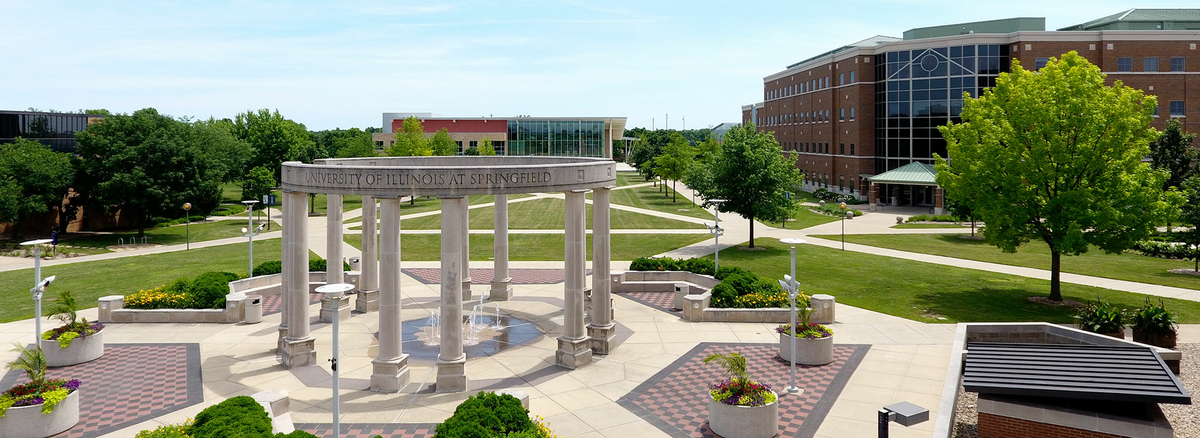Q and A with Dr. Peter Shapinsky, Professor of History
Dr. Shapinsky was recently featured as an Episode Advisor in the PBS video “The Obscure History of Japanese Sea Lords.” In this Q and A, Dr. Peter Shapinsky talks briefly about his experience working on the project.
How did PBS reach out to you?
PBS contacted me last fall because they were doing a Rogue History YouTube series on less well-known pirates and discovered that I had done significant work on Japanese pirates. One major interpretation of Japanese pirates that my work has explored is that Japanese mariners, labeled “pirates” in historical sources, portrayed themselves as sea lords and ruled over many of the sea-lanes linking Japan to the rest of the world in the
fifteenth and sixteenth centuries.
What did being an "episode advisor" encompass?
As advisor, it was my job to make sure the history and cultural representation was as accurate as possible. I wrote a draft of the script, checked the final script, and went through a cut of the video almost frame by frame. I offered advice on historical images, pronunciation, and ways to make the presentation more accurate and compelling.
How was your experience working with PBS?
I found the experience wonderfully collaborative, as everyone offered comments and developed the script and video ideas into a final product. I learned techniques for visual storytelling as well. Collaborating with PBS in this way makes my work so much more accessible to people beyond my scholarly publications and classes, which is extremely gratifying. As of today, YouTube estimates that the video has been “viewed” 97,000 times.
Here is a short description of the video:
For 200 years, Japanese waters were ruled by self-proclaimed Sea Lords. They held immense political power and even helped integrate Japan into the early global economy. Despite this, medieval Japanese society labeled them “kaizoku,” or “pirates.” In this episode of Rogue History, we dive into the origins of Japan’s Sea Lords and explain how one family solidified their legacy.
Interviewer: McKenna Vereeke



